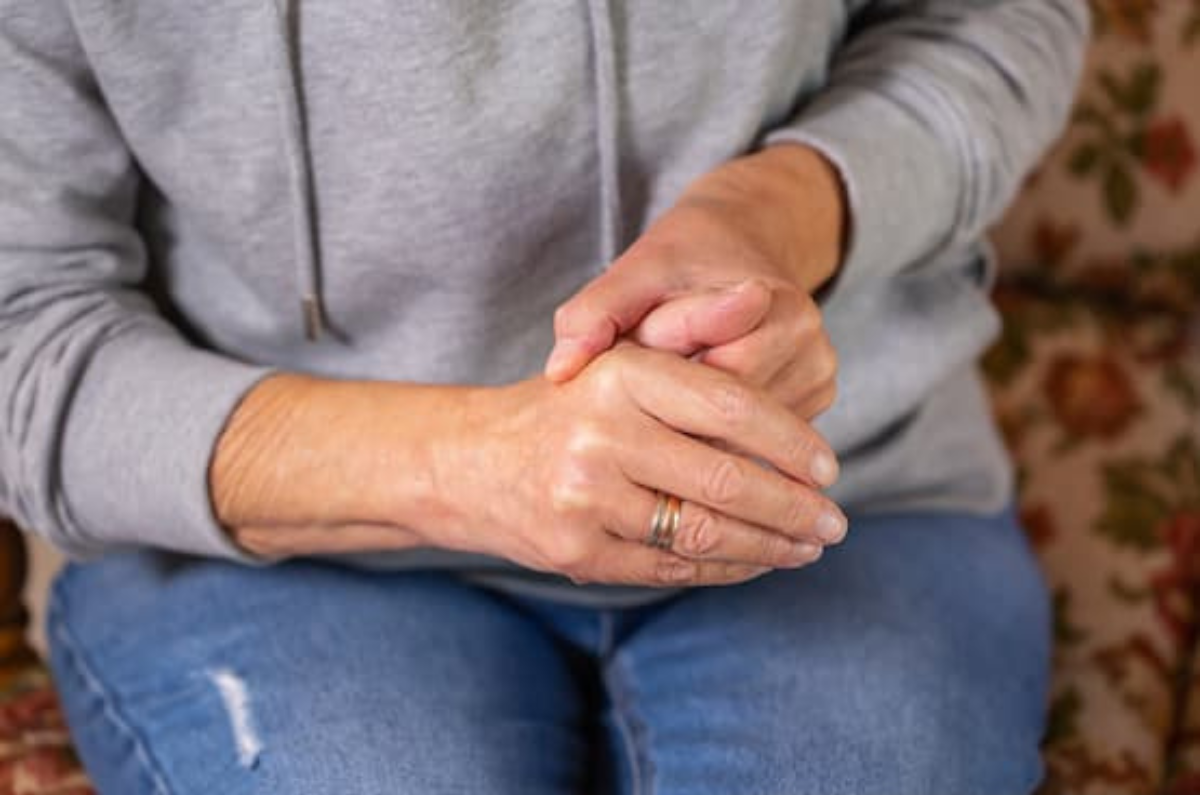It’s all in the hands
April 8, 2024 by Karla Wignall

It’s all in the hands!
Hands…they tend to be two things we take for granted. They really do an awful lot for us. But what happens when using our hands is painful or difficult?
Hand osteoarthritis – signs and symptoms
Osteoarthritis (OA) is the most common form of arthritis. It commonly affects the hands, fingers, base of the thumb and the wrist. OA causes the cartilage on the ends of your bones to become thin and rough. When this happens, bones don’t move as smoothly as they should causing pain and stiffness. OA of the hand most commonly affects women over the age of 50.
For more detailed information click here.
What are the hand signals?
As mentioned, pain and stiffness can be the first sign. You may also notice changes in the shape and structure of the joints in your hand. Some people will develop firm, knobby swellings on the finger joints which means the bones are trying to repair themselves but as a result there is excess bone developing.
Thumbs up – what to do
Unfortunately, there is no cure for osteoarthritis of the hand. So, the focus is on relief of symptoms and trying to avoid excess strain on your hand joints. As we all know, doing something that we know is going to be painful usually means we avoid it, but it is really important to exercise these joints. Other things we can do include using pacing strategies and avoiding lifting or carrying heavy weights.
A hand therapist can help with this as well as advice on aids and other strategies.
Latest updates
A new study using an existing drug called methotrexate for the treatment of osteoarthritis of the hand with synovitis (inflammation of the lining of the joint) is showing some promising results especially with improvements in pain. The study looked at the safety as well as the benefits of a 6-month course of methotrexate. 97 participants were randomly given 20mg of methotrexate once a week as compared to placebo. The methotrexate group had a moderate but clinically significant reduction in pain providing important evidence that it could have a role in treating this condition. This is a small study, and further trials are needed to see if the benefits continue after 6 months as well as how long treatment is needed. But it is a promising start!
As with all medications, and as part of discussions with your health care team, you will need to weigh up any possible side effects of methotrexate.
The lead researcher of the study, Prof Cicuttini, is planning an extension trial and hopefully answer these and other questions like can it prevent joint damage which is often quite severe in post-menopausal women with OA of the hand with inflammation.
So…grab life by the hands
Whilst OA hand is very painful there are things that can help.
- putting less strain on the joints
- implementing simple strategies like pacing and
- using practical and well researched aids to provide support and assistance can help.
Making sure you are up to date with the latest information, support and research (through MHA of course) is essential. As well as working with your health care team about options including the use of medications like methotrexate to provide relief.
Also, make sure you register for MHA’s upcoming webinar Understanding and managing thumb arthritis on 23rd April at 7 pm. Click here to register
References
https://versusarthritis.org/about-arthritis/conditions/osteoarthritis-of-the-hand-and-wrist/
https://ard.bmj.com/content/78/1/16
A well-established drug can improve hand osteoarthritis symptoms: study – Monash University
Contact our free national Help Line
Call our nurses if you have questions about managing your pain, musculoskeletal condition, treatment options, mental health issues, telehealth, or accessing services. They’re available Monday to Thursday between 9am-5pm (excluding public holidays) on 1800 263 265, email helpline@msk.org.au or via Messenger.










